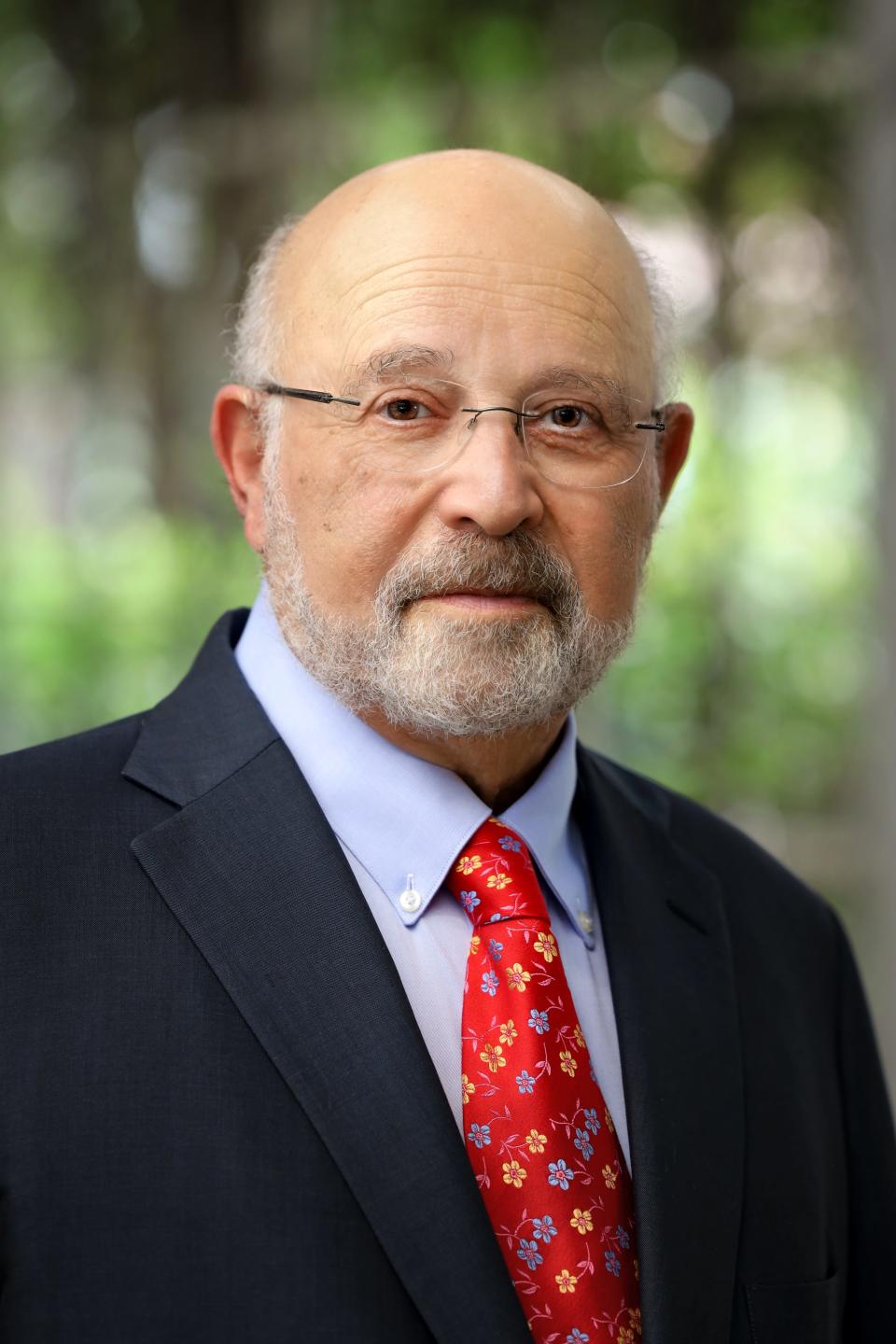Economic benefits to health care sector from COVID pandemic are over | Cumberland Comment

After many years of Cumberland’s U.S. Equity ETF portfolios being overweight in the health care sector, we are now at our lowest relative market weight for a long time. Our only industry-specific position within the sector is IBB, the larger-cap biotech ETF. We also obtain sector exposure with the broad-based ETFs. We are below the healthcare sector market weight for the first time since before the 2019 COVID pandemic risk was known.
Here’s why we made the change.
The economic benefits to the sector from the COVID pandemic are over. COVID itself isn’t over, in my opinion. It has morphed from a pandemic to become an endemic disease. And there is still the risk of a mutation that would turn it again into a serious, expanding, life-threatening event. But the governments of the world and the community in the U.S. have moved on from COVID. From an investor’s viewpoint that means the demand side for treatment and prevention is diminishing.
Here’s an excerpt from a CDC report on COVID-19-associated hospitalizations through August:
"Most (COVID) hospitalized adults aged ≥65 years (90.3%; 95% CI = 87.2%–92.8%) had multiple underlying conditions, and fewer than one quarter (23.5%; 95% CI = 19.5%–27.7%) had received the recommended COVID-19 bivalent vaccine. Because adults aged ≥65 years remain at increased risk for COVID–19–associated hospitalization and severe outcomes, guidance for this age group should continue to focus on measures to prevent SARS-CoV-2 infection, encourage vaccination, and promote early treatment for persons who receive a positive SARS-CoV-2 test result to reduce their risk for severe COVID-19–associated outcomes."
The federal budget issues have put pressure on the funding of health care by the federal government. The political impasse in Congress has made federal support for health care a political target. So, we see a diminishing concentration of health care funding. Depending on the results of the budget funding political fight (currently unknown), we may witness a cessation of expansion of funding. Some proposals are for actual cutting.
Unfortunately, the national picture of America’s healthcare system is a deteriorating one. We see this as life expectancy has fallen for more than two years in a row. The range among the states is widening. Life expectancy may be lower than 75 in Mississippi and higher than 80 in Hawaii (en.wikipedia.org/wiki/List_of_U.S._states_and_territories_by_life_expectancy). The graphic within the link is through 2020. Anecdotal data since has indicated that nothing has improved life expectancy statistically in 2021 and 2022.
In addition, markets are pricing in a different regime when it comes to interest rates and the impact higher rates have on capitalization structures and on price/earnings ratios. Higher interest rates mean the equity risk premium computations used by investment practitioners are adjusted in the direction of downward market prices for a specific stock or group of stocks.
Lastly, there is the issue of federal funding in the forthcoming budgets and in the future beyond the 2024 presidential election. That is highly uncertain. Thus, the (unmeasurable) uncertainty premium is presumed by this writer to be higher and still rising.
We continue with holdings in the biotech sector because the pipelines of these companies are superb. Furthermore, they have the capacity to acquire smaller companies when those players make the breakthrough discoveries that originate with biotech.
Our weight in the U.S. Equity ETF Portfolio in health care is currently below market weight.
Of course, this may change at any time.
David Kotok is chairman of the board and chief investment officer of Cumberland Advisors in Sarasota.
This article originally appeared on Sarasota Herald-Tribune: DAVID KOTOK: Economic benefits to health care sector from COVID are over
